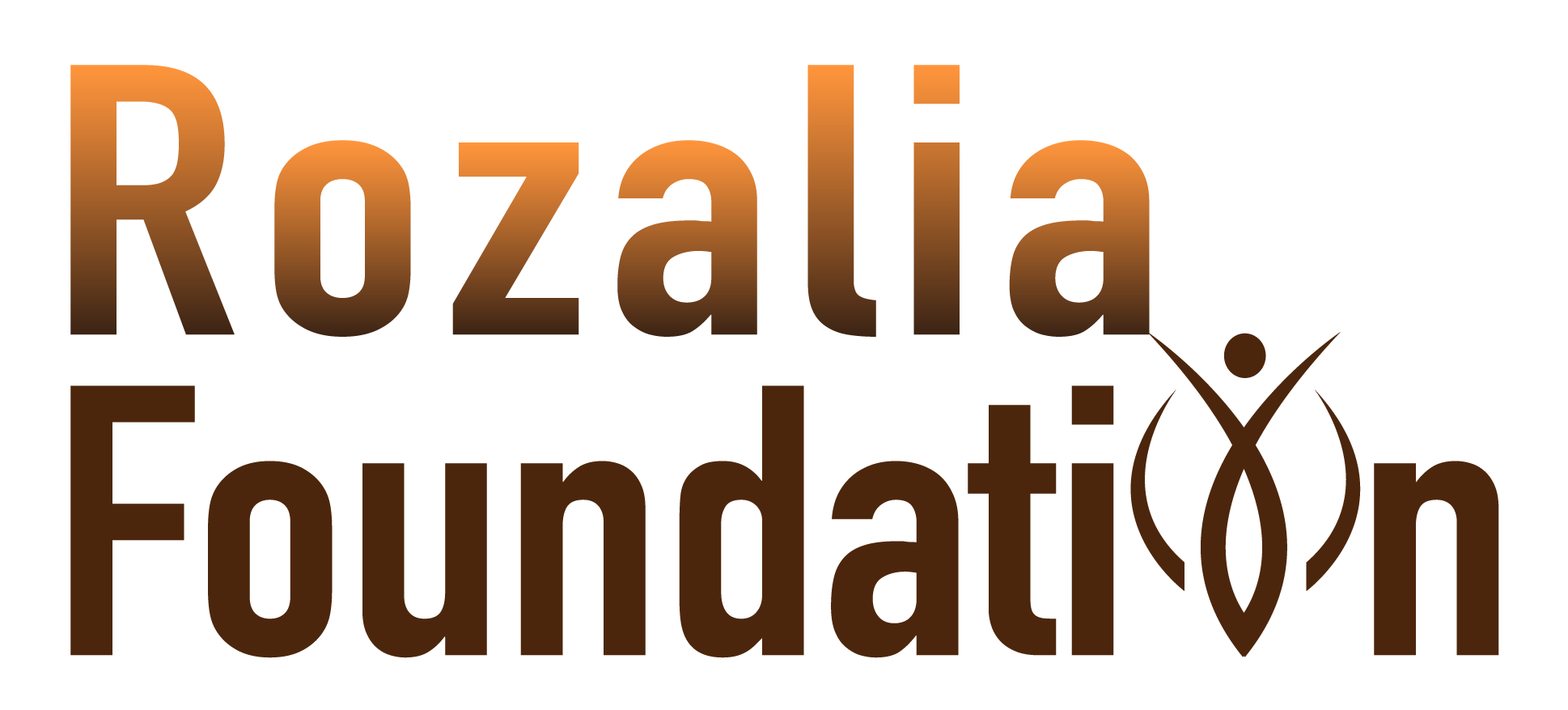Education Initiative for Maasai Girls
Why do Maasai girls need our support the most?
Maasai people face numerous challenges when it comes to accessing education, particularly for girls. The following are the factors that contribute to the disadvantaged Maasai girls in education opportunities in Northern Tanzania.
Early Marriages
Majority of Maasai girls are forced to early marriages, often before of 18. This means that they are unable to continue with their education and would end becoming premature mothers just right after their primary education and would not pursue their dreams.
Gender Based Violence
Gender-based violence, including female genital mutilation (FGM), is prevalent among the Maasai. This often results in girls dropping out of school, as they may be forced to undergo FGM or marry at a young age.
Cultural Beliefs
The Maasai culture places less importance on education for girls, and some Maasai communities view it as a waste of resources to educate a girl child. In most cases, parents would hardly accept their children to travel to schools in distanced towns for worrying that they would divert from cultural norms and would adopt foreign way of life.
Lack of Schools
The majority of Maasai communities live in rural areas that are far from schools. This makes it difficult for girls to access education, particularly if they have to walk long distances to get to school.
Poverty
Many Maasai families are poor, and they struggle to afford basic needs such as food and shelter. This means that education is often not a priority, and girls are forced to drop out of school to help their families and be given away to marriage for exchange with livestock.
As part of Maasai community, we understand that: it is very important to support girls to pursue their dreams as a vital means of sustaining current and future Maasai communities in addressing development agenda. Some strategies that would help include providing incentives for families to send their girls to school, building schools closer to rural communities, providing scholarships, and educating communities on the importance of girls’ education. In these areas Rozalia foundation cooperates with Tanzania government, communities, national and International stakeholders to make conducive atmosphere that attracts more Maasai girls to attain education opportunities.
Mpe fursa akasome Project
Despite the fact that, the government of Tanzania provides free secondary school education, but majority rural communities cannot afford other severe associated expenses, particularly to Maasai girls. RFO works to feel this gap; supporting Maasai girls, with schools uniforms, stationeries, health insurance, uniforms, transport fees and other supplies like mattresses and paying full school fees for girls studying in private boarding schools who often fail to get chances in government schools.
These efforts are currently supported by individual donors and Naona Maassai Tours ltd, through their program of responsible Tourism and positive impact. The project work to identify girls who are nearly to complete Primary schools and would not otherwise proceed with secondary education due to reasons mentioned above such as early pregnancies, forced marriages, Female Genital Mutilation ect. Our teams work with school staffs, local leaders at village, ward and district levels, and traditional leaders in assessing different aspects and risks associated to household economic stability, cultural norms, parents’ perspectives and willingness to send girls to schools.
Read more on how does this project operate
Our Impact & Counting...





Invest in Next Maasai Generations
Personal Dreams
An educated Maasai girl is more likely to develop and attain self dreams on leadership and professional skills, and get involved in National and International labor force. This would improve women potentials and ensure personal and community wellbeing in economic affairs, politics, human rights, democracy, health, education and empowerment of fellow women.
Healthier Generations
RFO believes that, an educated Maasai girl can escape the oppressive cultural practices such as forced marriage, early pregnancies and female genital mutilation (FGM) and is well aware of the risks associated with unprotected casual sex and will therefore help to combat the spread of HIV and other sexually transmitted diseases. As a result, an educated woman is less likely to inflict these practices upon her own children which would significantly improve maternal and infant health, allowing for healthier future generations
Sustainability
An educated Maasai girl is more likely to be involved in advocacy efforts in Community livelihood, ecosystem conservation and preserve of Maasai cultural heritage at local, national, and international levels. Educating girls would increase their skills, knowledge, and influence in decision making as they notch capacities to grow and live between the two worlds, cultural and modernisation.
Invest in Next Maasai Generations
- 10$-Can buy pens for a child in need
- 25$- Can buy exercises book
- 50$-Can buy sleeping mattress for a school girl
- 250$-Can pay salaries for Volunteering Maasai teachers in remote nursery schools
- 900$- One Entire Year of Secondary School for a Student in boarding school.
Your highly valued donations shall help us change lives, kindly become one of us, as together we shall meet our Mission.
